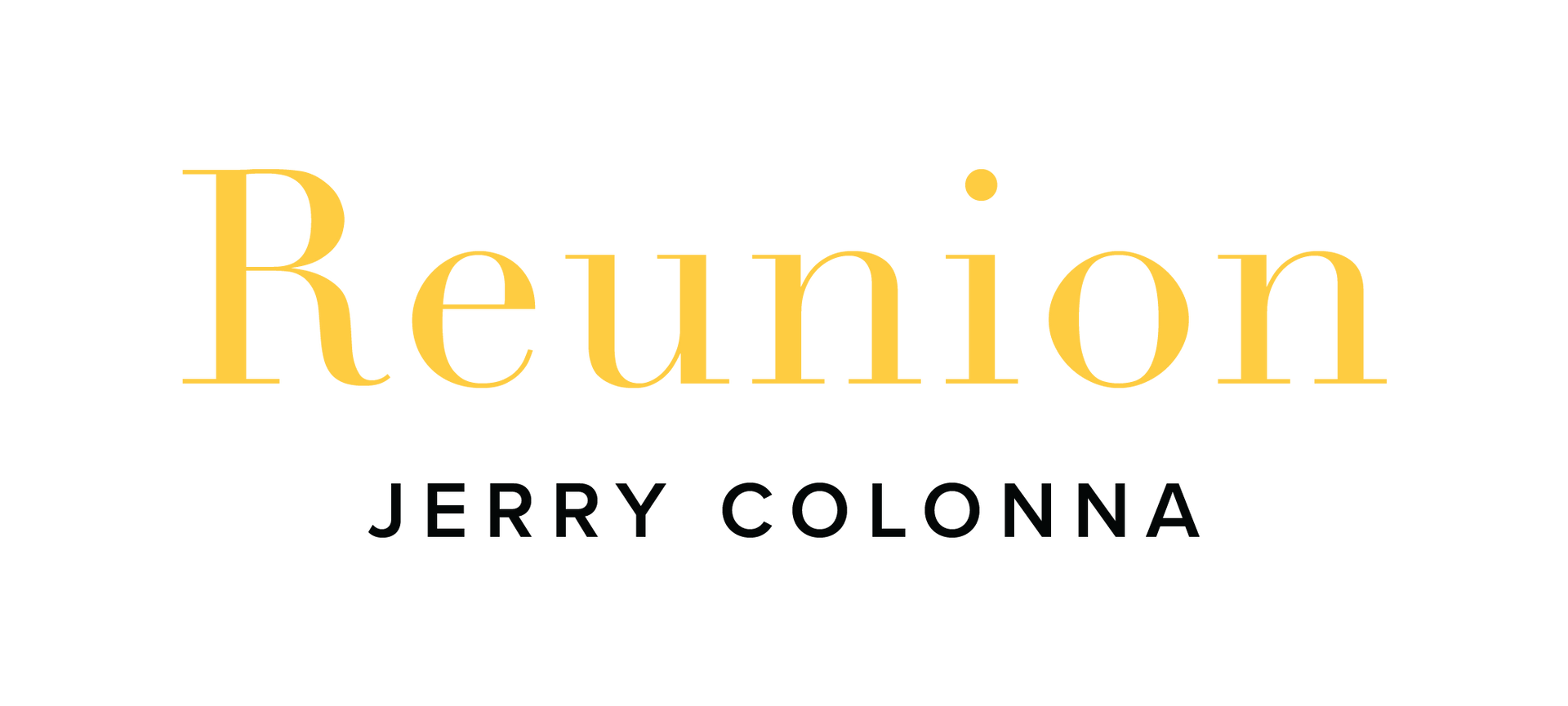December 22, 2023
There is a proverb that comes from one of the indigenous languages spoken in the country in which I was born, Zimbabwe. In chiShona, they say, “mwana wamambo, muranda kumwe”— “the child of a king is a slave in another kingdom.” I did not fully appreciate the wisdom found in that proverb until as an African woman, now identified as Black, I found myself in a distant country, far from my people, where I have been told in many times, and in different ways, that I did not belong. The country I now call home, Ireland, still embraces the complexities of systemic global Othering. I am now part of a society that the “gift” of acceptance and some semblance of Belonging comes from the attachment of colonial labels on my identity and humanity. While writing this essay, it dawned on me that by choosing to migrate, I became an “other.” I would now be viewed through a stereotypical, prejudiced, and even hate- filled lens. I became a “slave in another kingdom.” Speaking honestly, it was the reemergence of the Black Lives Matter movement after the killings of George Floyd, Breonna Taylor, and Ahmaud Arbery— when the American systems of injustice and brutality against Black people were beamed across the world— that I embarked on a journey to reconnect with my roots. In my new home country, I have been called a “settled foreigner” and “a blow in” by those who choose a polite form of Othering. My children and I have faced overt racism that is rooted in centuries of systemic Othering. The continued use of segregation, apartheid to disenfranchise, target, humiliate, and kill ethnic minoritized bodies sadly means that truly Belonging is unattainable if acceptance and who belongs is defined by the dominant ethnicity. I have learned from my own journey that Belonging is found within you; it is in the heart and mind not dictated by others. Systemic Othering focuses everything on whiteness forgetting that ethnically marginalized people across the globe have their own indigeneity that cannot be encapsulated in terms such as “BAME” (Black Asian and minority ethnic), “POC,” “BIPOC,” “dark- skinned,” or “colored” labels. When I look at these white- centered acronyms, it is important to clarify that the experience of systemic Othering is not monolithic. The American, African, European, and Asian Othering of Black folks like me is geographic and needs contextual understanding. In the UK, for example, until recently, BAME was the socially acceptable term used in policy and academia. It boxed all Black and brown people together on the theory that they all suffered similar systemic injustices. This is quite the contrary, as the Asian community, out of those labeled as POC, hold political, economic power in the UK. Although boxed together with other marginalized ethnic minorities, the Asian community have power, privilege, and proximity to whiteness to perpetuate racial injustices against Black people, as witnessed by the Windrush Scandal, where former UK Home Office Secretary Priti Patel, herself a daughter of South Asian parents who fled Uganda and sought refugee status in the UK, could oversee and wrongly detain, deny legal rights to, threaten deportation of, and wrongly deport at least eighty- three people of Caribbean descent who had lived all their lives, worked, had families, and considered themselves British. Like the “divide and conquer” mechanism used by colonial powers to subjugate, I have found that it is still used widely as a weapon to maintain a hierarchy of power held by white supremacy. I reflect on this quite a lot as a parent of two Black Europeans. Will a time come when, fueled by the rising right- wing influence in Europe, I and my children will be told to pack our belongings and leave? After twenty years living in Europe, I can say that citizenship does not guarantee acceptance. Nor does it bring you any closer to truly Belonging. In a world hell- bent on Othering, anti- Blackness and the breaking down and destroying of individuals has been normalized. It has created a generational stream of internalized self- hatred and unrooted people. As I said before, systemic Othering is specific to geography and context, and as I strongly refuse and will continue to stand against my labeling with white- centered acronyms, I have now come to understand the acceptance by some Black and Indigenous people in the United States of these terms. There is a history, geography, and context to my Black and brown American friends naturally referring to themselves as persons of color (POC) and Black Indigenous people of color (BIPOC). On the other end of the conversation, I always face an internal war with my ancestors who scream at me, urging me never to accept being bound by the chains of white- centered labeling of my identity. Adjusting to this seismic identity shift can take a toll on the mental and physical health of those who face exclusion. Finding a therapist who understands the nuances of the impacts of not Belonging in your own society can be very difficult. This is because the effects of racial oppression, in my experience, is not only to dehumanize but also to place barriers that stop individuals from finding their power and identity, which helps maintain the cycle of oppression. Racism comes from a place of chosen ignorance. Recently at a conference, someone walked up to me and greeted me by someone’s else name, someone who I later found out was also Black. I told them I wasn’t that person and asked why they would assume I was that person. Their answer was “YOU all look the same.” Making other people feel like they do not belong comes not only through building a massive wall across the border or creating tough visa requirements, but also through actions and words that cut deeply to the core of one’s sense of self. I have been in white spaces all my life, and I have never mistaken one white person with the next, and I know fellow African or Black people wouldn’t either. The thing is . . . I was born and raised on the African continent. My ancestors, who faced and fought against brutal racial segregation, also learned the ways of the white colonizers they needed to survive. But they never threw away their customs, language, songs, and traditions. Through apartheid, British colonial rule, they suffered, were brutalized, and were even killed, but it was done with their bodies and minds rooted on the red alluvial soil and in the shade of the acacia trees. These are the cultural values, identity, and history they passed on to me as a child, which, after many years and across may seas, have become my light, shield, and sword. I am from a tribe of warriors. My totem, Masibanda (Lioness), signifies that inside flows the blood of people who fought and triumphed over lions. I stand in their strength and power. I do not have to justify my existence or Belonging to anyone. I can define myself outside the confines of systemic Othering. I am not a person of color, colored, or any of the other terms that have been created to minimize my existence. I will not be viewed through a lens that aims to Other me. I have and will every time remind myself to emancipate myself from the bondage of systemic labeling when the world casts doubt in my mind. This message is for my children, and for those who are continually told: YOU DO NOT BELONG. We all belong, no matter what part of the world we are from or what society we find ourselves living in. This book tells my story. And my story is a mirror. It is one of loss, separation, seeking acceptance, Belonging, and the great reunion. When I first met Jerry in 2019 at a book reading, little did I know that our ancestors had preordained the meeting. From stranger to mentor and, now, brother, Jerry, has taught me that, despite our different paths, we can finally be reunited with those whose stories are our own. JOY- TENDAI

